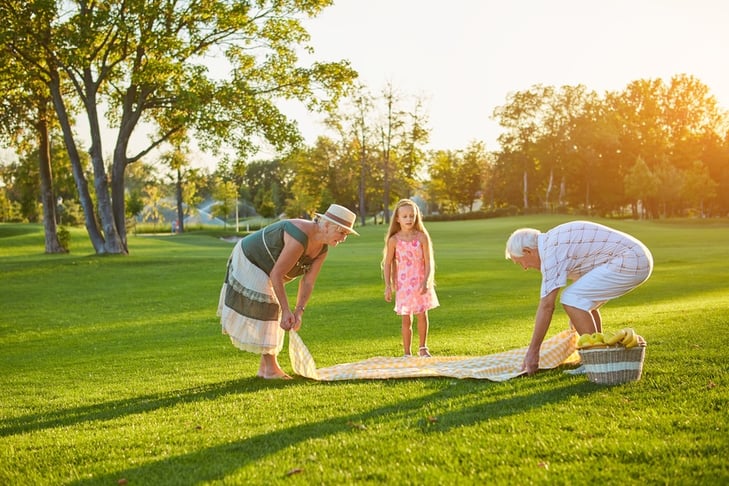
Depression is a common problem among older adults and it’s one that, unfortunately, doesn’t get enough attention. More than 6.5 million American seniors are affected by depression, according to the report “Depression in Older Persons,” issued by the National Alliance on Mental Illness (NAMI) in 2009.
In 2015, the National Institute of Mental Health (NIMH) reported that an estimated 4.8 percent of adults 50 years of age or older in the United States had suffered at least one major depressive episode in the preceding 12 months. Those major depressive episodes can have tragic consequences, too.
Indeed, the U.S. Centers for Disease Control and Prevention (CDC) noted that suicide was the eighth leading cause of death in America as recently as 2013. Broken down by age, suicide was the 17th leading cause of death among people 65 or older, although many experts on aging and mental health suspect that attempts to shield families from the social stigma attached to it may cause suicides among the elderly to be vastly underreported.
And the problem isn’t limited to people who have reached the arbitrary age of retirement. The ages immediately preceding it show a marked relative increase in suicide prevalence. For older adults aged 50 to 64, suicide was the eighth leading cause of death in 2013.
Many factors likely contribute, including chronic illnesses, financial adversity or the loss of a long-term partner or spouse. Age-related dementia and Alzheimer’s and lesions in the brain can cause severe mood and behavioral changes, and even medications can play a role in pushing older adults into depression.
How can you help your elderly loved one if he or she is exhibiting signs of depression?
There are plenty of ways you can lend support and comfort to a parent who is experiencing clinical depression. Here are some concrete actions you can take:
1. Don’t ignore the symptoms
Truly depressed people are fighting battles against their neurochemistry, not against emotions themselves. They can’t just “get over it” — they need clinical intervention.
Episodes of extended grieving, increasingly erratic, sad, or angry moods, noticeable appetite or weight changes, social withdrawal, or expressions of thoughts about harming one’s self (or others, for that matter) shouldn’t be shrugged off.
If your parent is exhibiting these signs, help him or her to seek assistance from a doctor and, if possible, from a professional therapist who specializes in geriatric psychology.
2. Keep reaching out
Depressed seniors will often withdraw into themselves and shrink away from contact, or even refuse it outright. Don’t take no for an answer.

Invite your older loved one over for his or her favorite home-cooked dinners more often. Take him or her shopping, to the movies, to the park, or to familiar places that he or she loves. Bring the grandkids over for visits. Call or Skype daily. Listen more than you talk. Give hugs.
The more you show you care, the more likely it will be that you can help him or her break the depression cycle.
3. Encourage your elderly loved one to follow through with treatment
If your aging parent agrees to therapy and/or medication to treat his or her depression, stay engaged and abreast of the progress.
Make sure he or she is taking medications on schedule and correctly. Make sure he or she is making it to appointments and communicating with the doctor. Offer to take him or her to therapy or grief counseling sessions.
There’s plenty you can do to help an aging loved one who is depressed.
Follow the tips above. If you need additional resources, don’t hesitate to contact the Council on Aging of Southwestern Ohio. And we’re here to help you, too.
Our Caregiver Support Group is open to all members of the public and meets semi-monthly at Marjorie P. Lee. It can provide you with the sounding board you need, as well as suggest additional courses of action and coping mechanisms that your parent could try.












